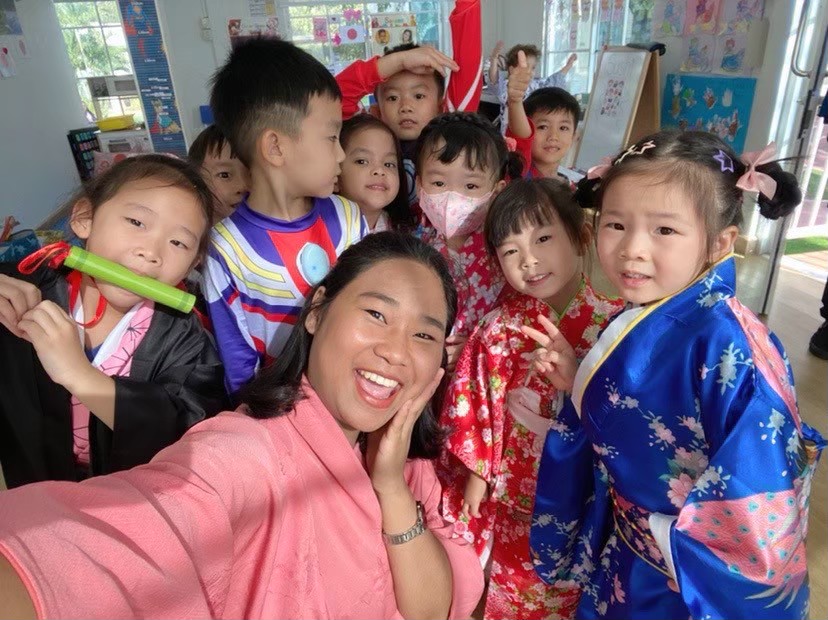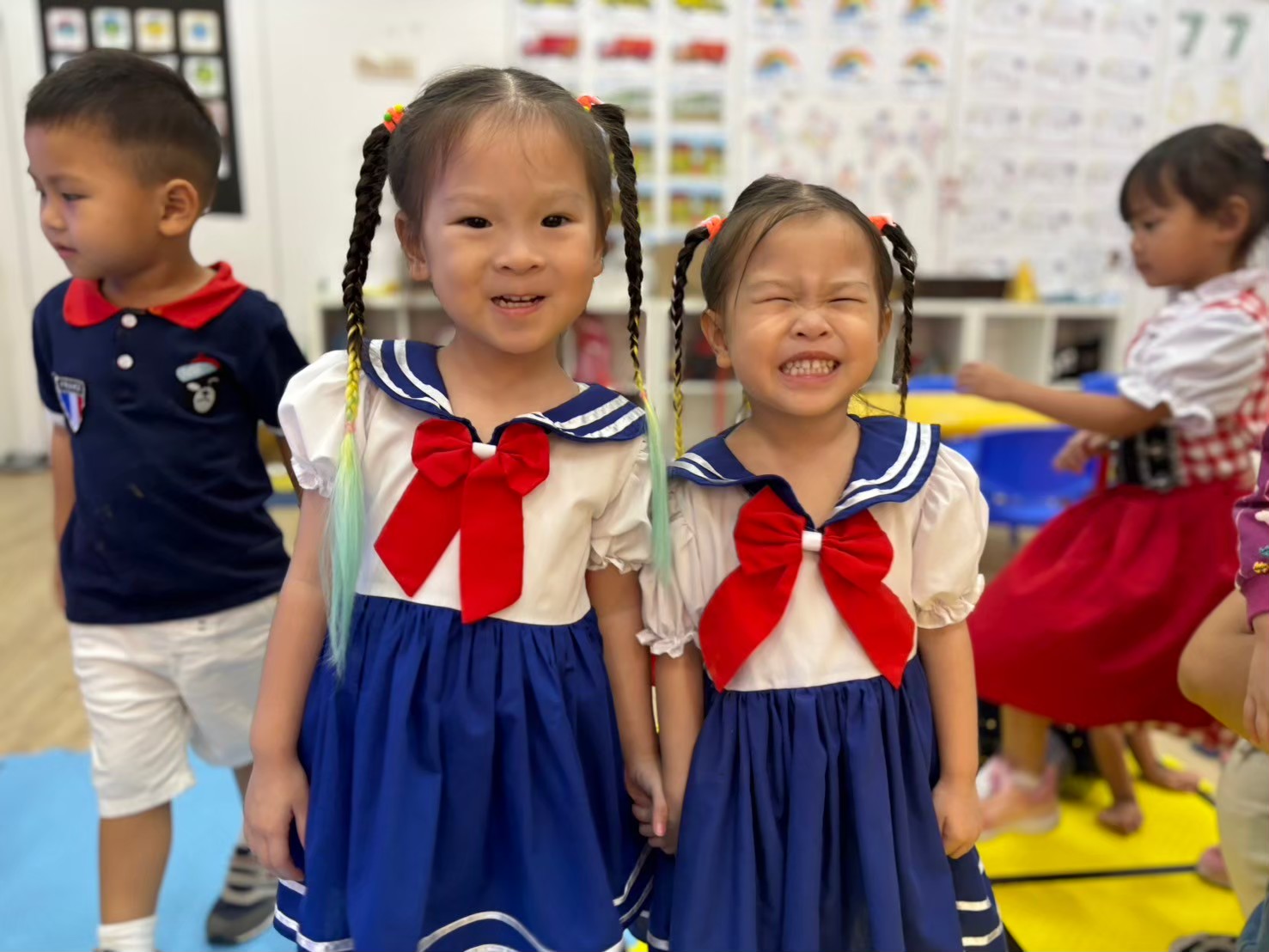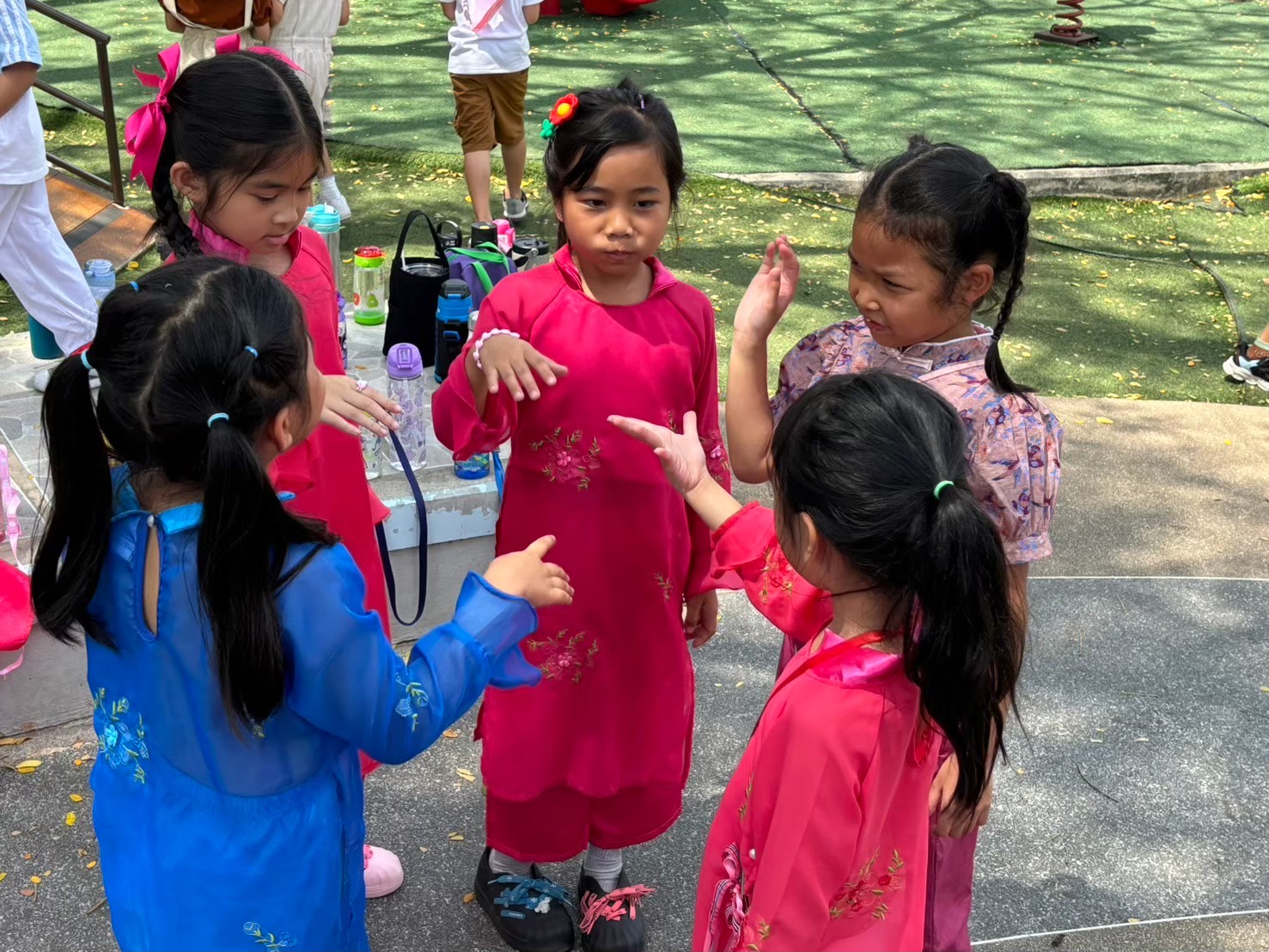Academic Staff
Why Art and Music Are Game-Changers for Kids
Art and music are much more than just fun activities; they play a crucial role in a child's development. Many parents may view these programs as enjoyable pastimes, but their impact goes far beyond that. Art and music can be transformative for kids, influencing various aspects of their lives positively.
When children engage in art and music, they explore new ways of expressing themselves. These activities provide an outlet for creativity and help kids develop their imagination. Creating art or playing an instrument requires focus, practice, and patience, skills that are valuable in all areas of life.
Research shows that participating in art and music programs can also lead to better academic outcomes. Kids who are involved in these activities often see improvements in their grades. The discipline and focus required in art and music can translate into better study habits and greater academic success.
Additionally, art and music can help children build social skills and work well with others. Whether collaborating on a group project or playing in a band, these activities require kids to communicate and cooperate. This not only enhances their social skills but also fosters a sense of teamwork and community.
In this article, we will explore why art and music programs are game-changers for kids. From boosting creativity and improving academic performance to enhancing social skills and emotional well-being, the benefits are numerous and far-reaching.

Boosting Creativity and Imagination
Art and music programs significantly boost creativity and imagination in children. When kids engage in artistic activities like painting, drawing, or sculpting, they unlock new ways to express their thoughts and feelings. These activities encourage children to think outside the box and develop their creative skills.
Music, too, plays a crucial role. Learning to play an instrument or creating songs stimulates different parts of the brain. This creativity extends beyond just making art or music; it influences how children approach problems and challenges in other areas of their lives. They become more innovative thinkers, ready to explore and experiment with new ideas.
Let's not forget performance arts like dance and drama. These also require creativity and help kids improve their imagination. Acting out different roles or choreographing dance routines allows children to step into different worlds and perspectives. This boosts their imaginative skills and fosters empathy and understanding as they imagine life from another person's point of view.
Improving Academic Performance
Art and music programs often lead to noticeable improvements in academic performance. Multiple studies have shown that students involved in these activities tend to perform better in subjects like maths, reading, and science. This improvement is largely due to the skills they develop through art and music, which translate directly to their academic work.
Music training, for example, enhances memory and concentration. Learning to read music and keep rhythm hones a child's ability to memorise and focus—skills directly applicable to studies and exams. Playing an instrument or being part of a choir also teaches discipline and dedication, essential for academic success.
Art activities are similarly beneficial. Projects that require following steps, such as creating a sculpture or a painting, teach children about sequence and order. These are fundamental skills in subjects like maths and science. Moreover, participating in art and music can boost self-confidence, helping students approach their studies with greater assurance.
When kids enjoy what they are doing, they are more likely to engage fully. Art and music provide a break from traditional classroom learning, making school a more enjoyable experience. This increased engagement can lead to better attendance and a more positive attitude towards learning overall.

Enhancing Social Skills and Teamwork
Art and music programs provide great opportunities for children to build social skills and learn teamwork. When kids work on art projects or perform in music groups, they collaborate with others. This requires them to share ideas, listen to their peers, and work towards a common goal. Teamwork activities, such as being in a choir or a band, teach students the importance of cooperation and compromise.
Group projects in art also foster interaction. Whether creating a mural or participating in a theatre production, children must communicate and cooperate effectively. These experiences help them become better at expressing their thoughts and understanding others.
Art and music settings also allow kids to build friendships. Working side by side on creative projects can strengthen bonds and form lasting relationships. These social connections are essential for developing a sense of belonging and community within the school environment. Learning to work with others and appreciating their contributions prepares children for future social and professional interactions.

Positive Impact on Emotional Well-being
Participating in art and music can have a positive impact on a child's emotional well-being. These activities offer a meaningful way for children to express their feelings and manage stress. Creating art or playing music provides an emotional outlet and can help children deal with difficult emotions.
Music, in particular, has a soothing effect. Playing instruments or singing can help reduce anxiety and lift moods. Many children find solace in music, using it as a way to relax and find comfort. Engaging in these activities regularly can lead to improved emotional health and greater overall happiness.
Ways Art and Music Improve Emotional Well-being:
1. Stress Relief: Engaging in creative activities helps reduce stress and promotes relaxation.
2. Emotional Expression: Art and music allow children to express their feelings in a non-verbal way.
3. Increased Confidence: Successfully completing art projects or musical pieces boosts self-esteem.
4. Sense of Achievement: Mastering new skills and creating something beautiful fosters a sense of accomplishment.
When children feel good emotionally, they are more likely to perform well in other areas of life. Art and music help children develop a positive self-image and resilience, equipping them to handle various challenges confidently.
Conclusion
Art and music programs truly are game-changers for children's development. They boost creativity, improve academic performance, enhance social skills, and positively impact emotional well-being. These benefits make art and music essential components of a well-rounded education.
Encouraging your child to take part in these programs can provide them with valuable skills and experiences that will last a lifetime. By fostering creativity, teamwork, and emotional health, art and music empower children to thrive both inside and outside the classroom.
Explore the extensive art and music opportunities at Invictus International Pathum Thani, an international school in Pathum Thani, and see how they can positively impact your child's life. Join us and be part of a vibrant community that values creativity and holistic development.